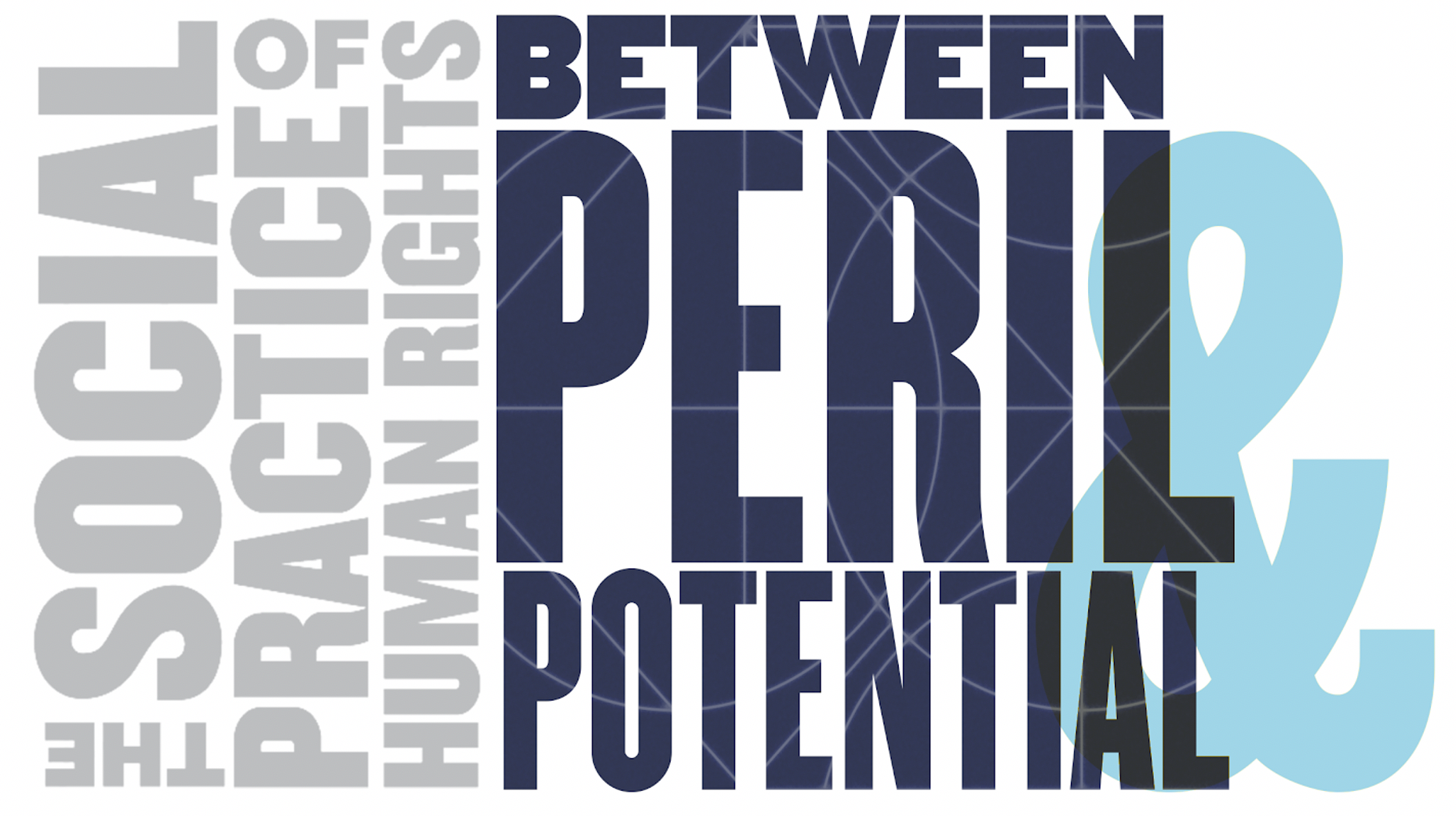Location
Presented remotely
Start Date
12-3-2021 8:30 AM
End Date
12-3-2021 10:00 AM
Keywords
wellbeing; humanitarian worker; COVID-19; health; humanitarian zone
Abstract
The onset of the COVID-19 pandemic has exacerbated conflict dynamics and humanitarian disasters around the world, including Syria, Yemen, and East Africa. Humanitarian efforts designed to address these dynamics and disasters are also falling prey to the fallout of COVID, most notably increases in psychological distress experienced by humanitarian workers (HW) operating on the front lines of humanitarian zones. As such, new and innovative practices must be explored to support HW as they continue their desperately needed work; this imperative is further bolstered by calls in international human rights-based documents (e.g., Universal Declaration of Human Rights and the International Covenant on Economic, Social and Cultural Rights) to recognize and reinforce each individual’s ‘human right to health’. To address this challenge to frontline HW, this paper surveys literatures related to HW wellbeing, the impact of conflict and COVID on wellbeing, and potential intervention strategies to empower HW’s wellbeing practice. ‘Wellbeing’ occurs when an individual has sufficient internal and external resources to cope and deal with challenges in her or his life; wellbeing may also be divided into five, interrelated dimensions: (1) physical, (2) cognitive, (3) emotional, (4) spiritual, and (5) social. A startling, evidence-based literature suggests many HW do not have adequate wellbeing support during their service in humanitarian zones, and this trend is further magnified by fallout from the ongoing COVID-19 pandemic. Several recommendations are made for HW, their humanitarian organizations, and policymakers to support wellbeing prior to, during, and after deployment, within the context of the COVID pandemic. Finally, a reconceptualized future research and practice agenda, prioritizing the mental health of HW operating in conflict zones during COVID, is discussed.
Author/Speaker Biographical Statement(s)
Nicholas R. Sherwood (Nick) is a Ph.D. candidate in Conflict Analysis and Resolution at George Mason University’s (GMU) Jimmy and Rosalynn Carter School for Peace and Conflict Resolution. Nick serves as the Associate Director at the Mary Hoch Center for Reconciliation. He is also on the Board of Directors of The Parachute People, a nonprofit that facilitates mental health promotion at live music events throughout the US. Nick's research focuses on the wellbeing of peacebuilding practitioners operating in conflict zones and resilience-building for marginalized populations.
Included in
Community Health and Preventive Medicine Commons, Community Psychology Commons, Multicultural Psychology Commons
Holistic Well-Being and Humanitarian Workers during COVID-19: Concepts, Challenges, and Recommendations
Presented remotely
The onset of the COVID-19 pandemic has exacerbated conflict dynamics and humanitarian disasters around the world, including Syria, Yemen, and East Africa. Humanitarian efforts designed to address these dynamics and disasters are also falling prey to the fallout of COVID, most notably increases in psychological distress experienced by humanitarian workers (HW) operating on the front lines of humanitarian zones. As such, new and innovative practices must be explored to support HW as they continue their desperately needed work; this imperative is further bolstered by calls in international human rights-based documents (e.g., Universal Declaration of Human Rights and the International Covenant on Economic, Social and Cultural Rights) to recognize and reinforce each individual’s ‘human right to health’. To address this challenge to frontline HW, this paper surveys literatures related to HW wellbeing, the impact of conflict and COVID on wellbeing, and potential intervention strategies to empower HW’s wellbeing practice. ‘Wellbeing’ occurs when an individual has sufficient internal and external resources to cope and deal with challenges in her or his life; wellbeing may also be divided into five, interrelated dimensions: (1) physical, (2) cognitive, (3) emotional, (4) spiritual, and (5) social. A startling, evidence-based literature suggests many HW do not have adequate wellbeing support during their service in humanitarian zones, and this trend is further magnified by fallout from the ongoing COVID-19 pandemic. Several recommendations are made for HW, their humanitarian organizations, and policymakers to support wellbeing prior to, during, and after deployment, within the context of the COVID pandemic. Finally, a reconceptualized future research and practice agenda, prioritizing the mental health of HW operating in conflict zones during COVID, is discussed.



